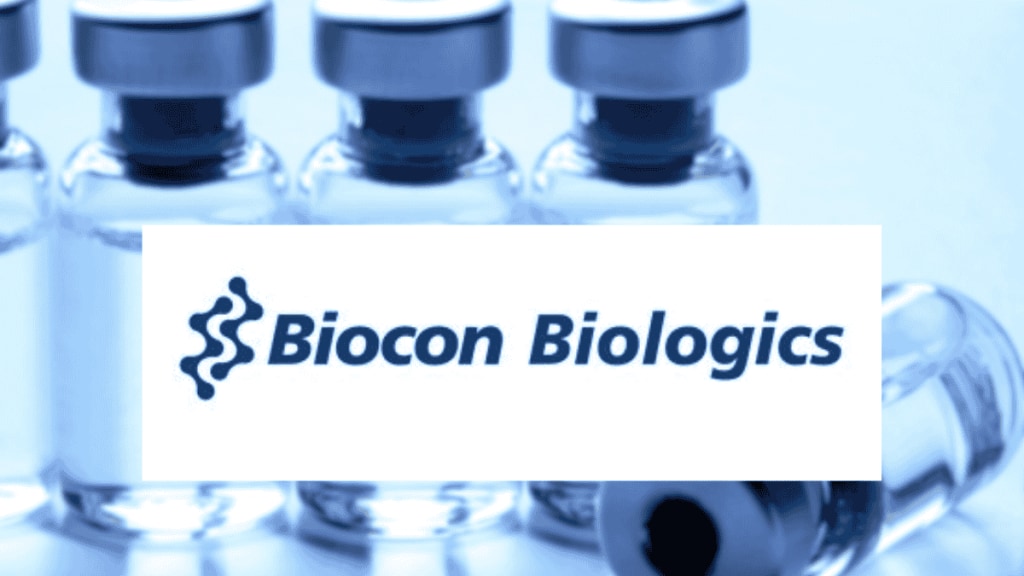Biocon Biologics has received the green light from Canadian officials to launch its biosimilar Yesafili (aflibercept), the first approved biosimilar to Eylea in the country. It is used for trating eye-related conditions, and the launch is likely in July.
On June 27, the company announced it has received the green light from Health Canada for its Yesafili in both vial and prefilled syringe forms. The injection is approved in the 2 mg/0.05 mL strength.
Biocon Biologics confirmed that Canada will be the first country where Yesafili will be launched, with a rollout set for July 4, 2025. This marks the tenth biosimilar that Biocon Biologics is bringing to market globally.
Yesafili treats serious eye diseases
Yesafili is a vascular endothelial growth factor (VEGF) inhibitor. It is used to treat several vision-related conditions, including neovascular (wet) age-related macular degeneration (AMD), diabetic macular edema (DME), macular edema following central and branch retinal vein occlusion (CRVO and BRVO), and myopic choroidal neovascularization (myopic CNV).
Proven similarity to Eylea
Health Canada’s approval came after reviewing a detailed set of analytical, nonclinical, and clinical data. The data showed that Yesafili is highly similar to Eylea, with no meaningful differences in terms of quality, safety, or effectiveness. A Phase 3 clinical trial, called the INSIGHT study, compared the two drugs in patients with diabetic macular edema and found similar results for both.
The drug offers a cost-effective alternative for patients battling vision-threatening diseases and marks another step forward in Biocon’s global biosimilars journey.
Biocon management to focus on expanding access
Shreehas Tambe, CEO and Managing Director of Biocon said, “This milestone reflects our science-driven innovation, global commercialization strength, and continued commitment to expanding access to high-quality, affordable biologics for patients across the globe.”
Ramy Ayad, Head of Canada at Biocon Biologics, said, “Canadian ophthalmologists and patients will soon have a high-quality, affordable biosimilar option for serious retinal diseases,” he adds.

